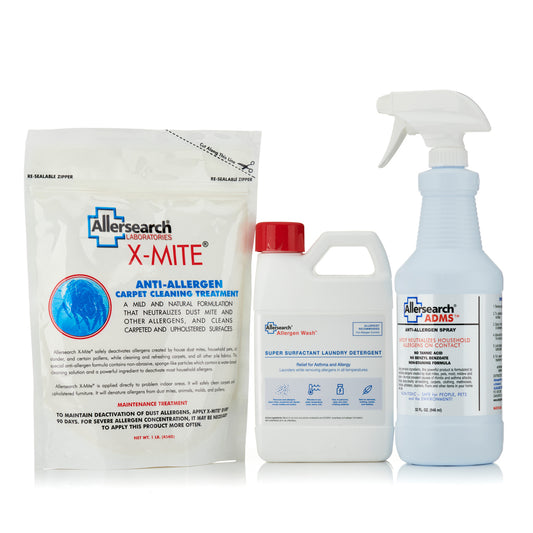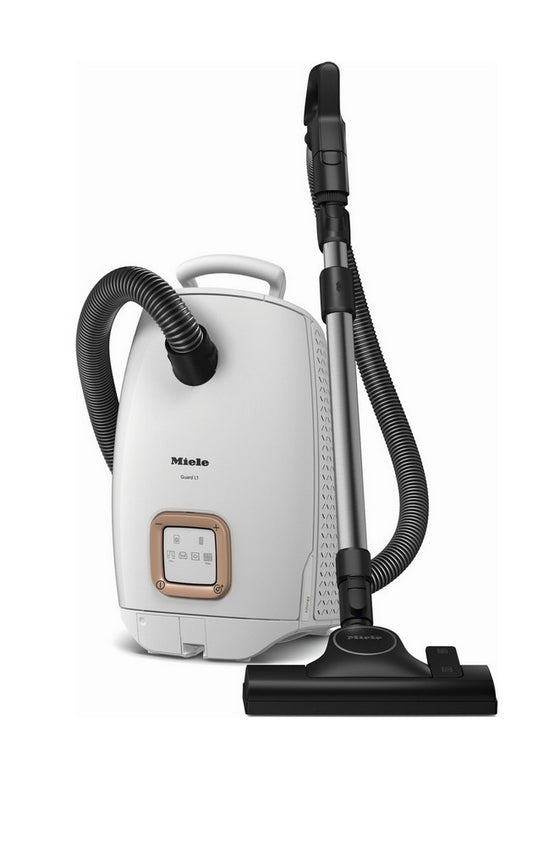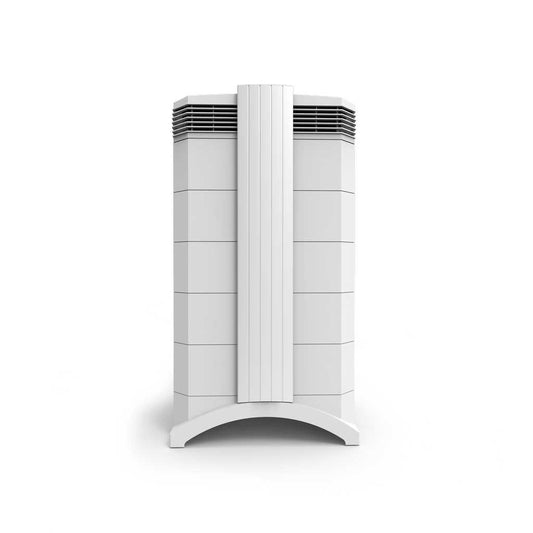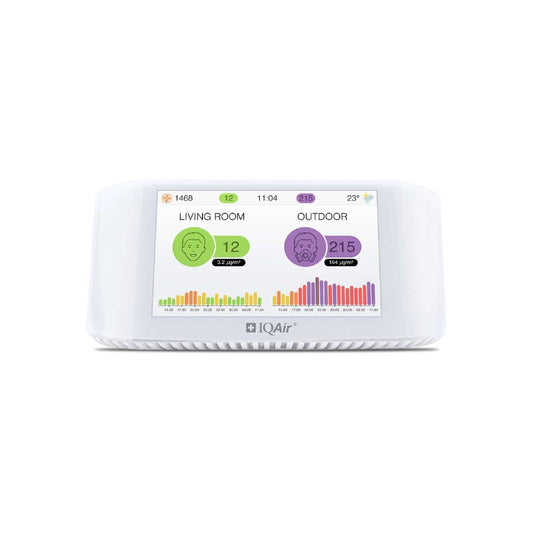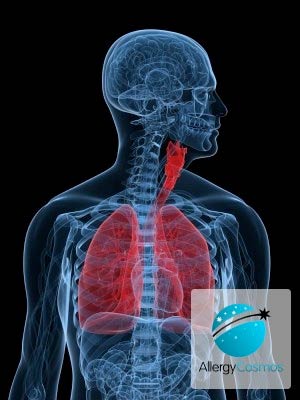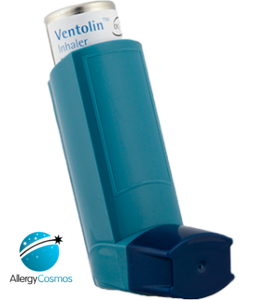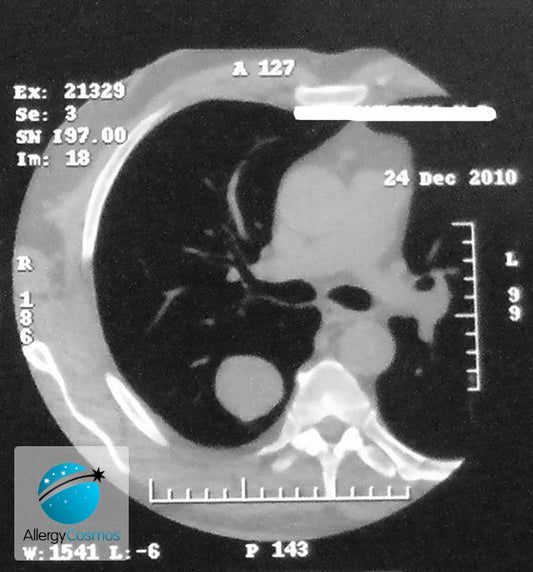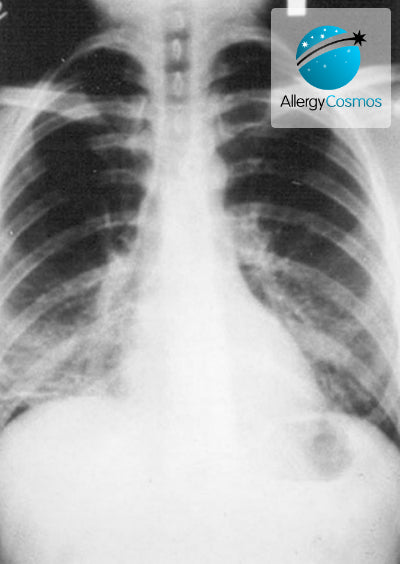
Wheezing
Wheezing can be an alarming and distressing symptom, especially when it occurs in a young child or person with severe respiratory conditions. In most instances, wheezing is not serious unless it is associated with severe health conditions, including asthma, or is part of an anaphylaxis shock.
Frequently Asked Questions
What is wheezing?
What causes wheezing?
How should wheezing be treated?
Is medical attention required for wheezing?
How can I prevent an attack of wheezing?
Related Products
-
Allergy & Asthma Free Home Package
Regular price £65.95Regular priceUnit price per -
Miele Guard L1 Allergy - Brilliant White
Regular price £379.00Regular priceUnit price per£379.00Sale price £379.00 -
IQAir HealthPro 250 Air Purifier
Regular price £1,049.00Regular priceUnit price per -
IQAir AirVisual Pro Air Quality Monitor
Regular price £274.00Regular priceUnit price per

